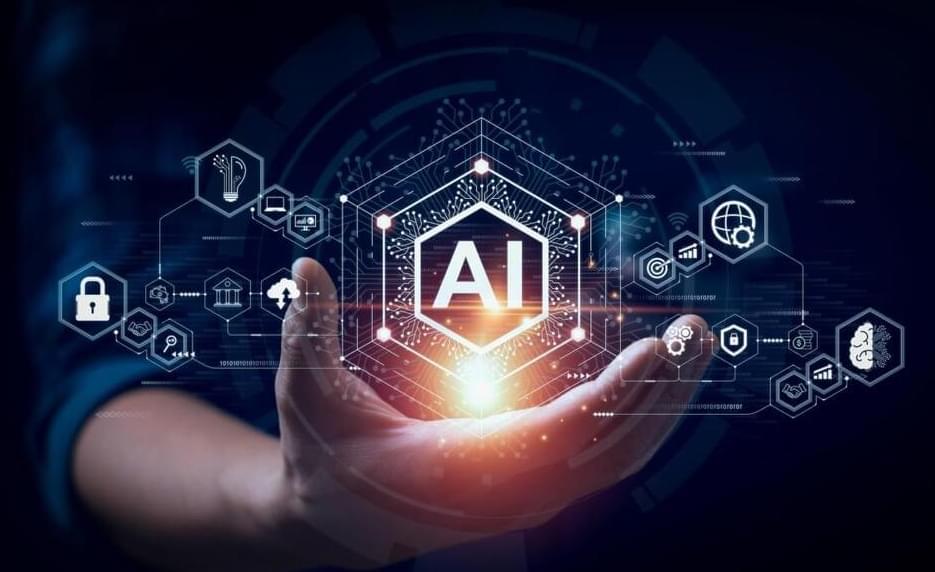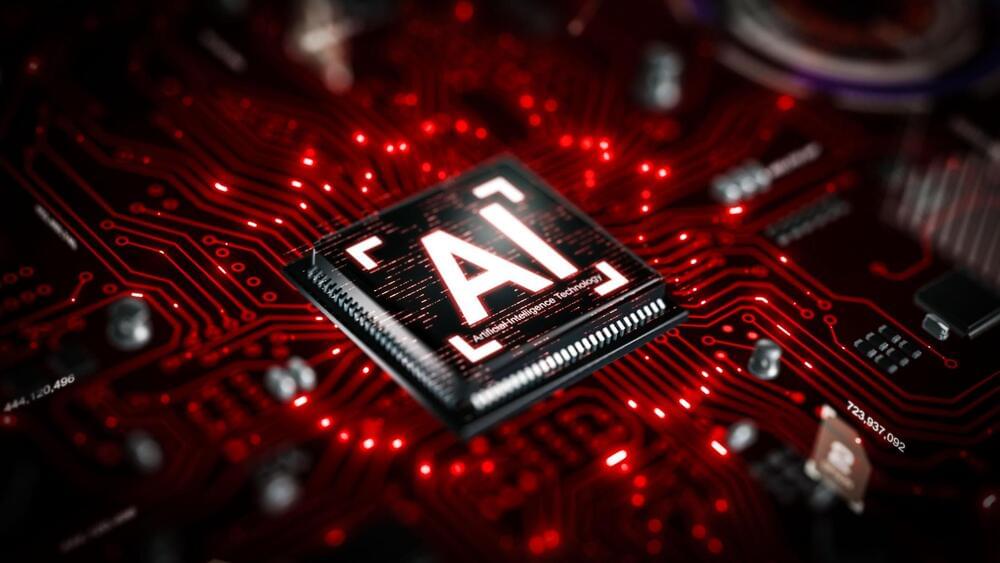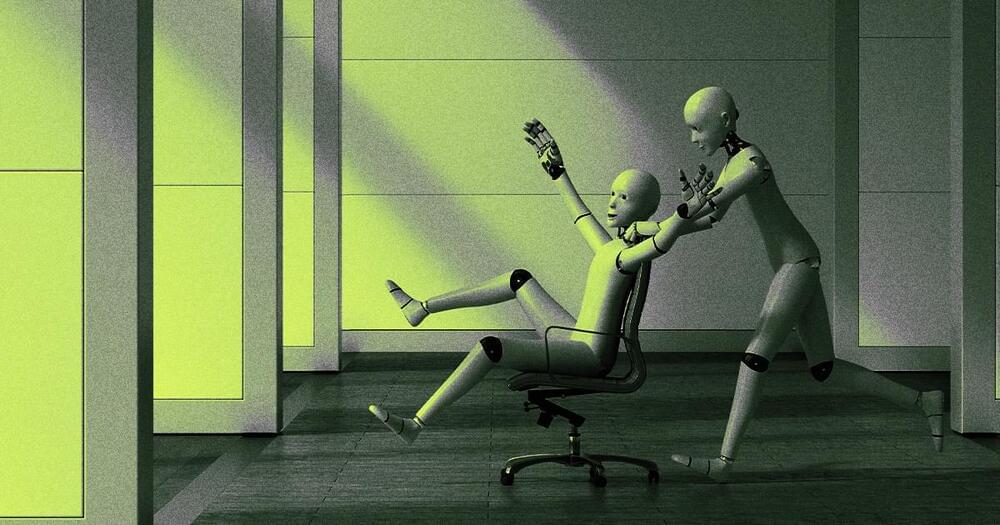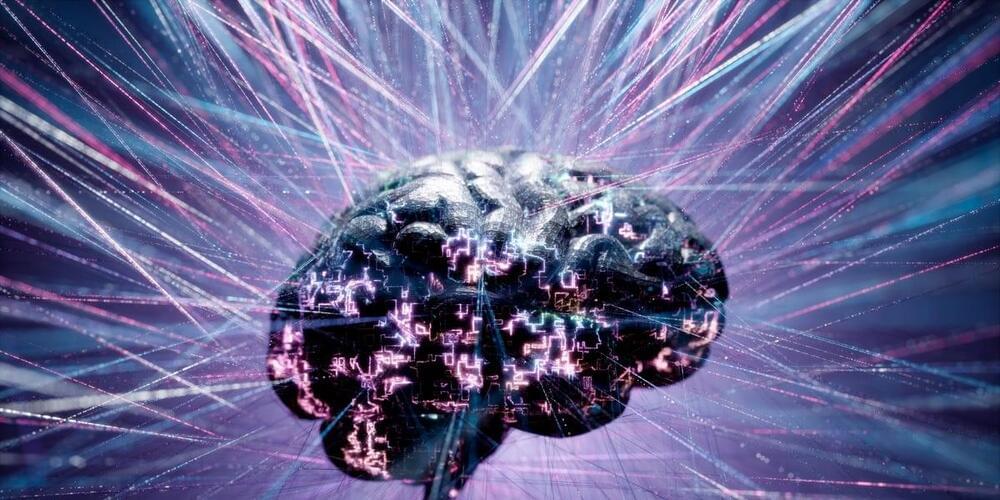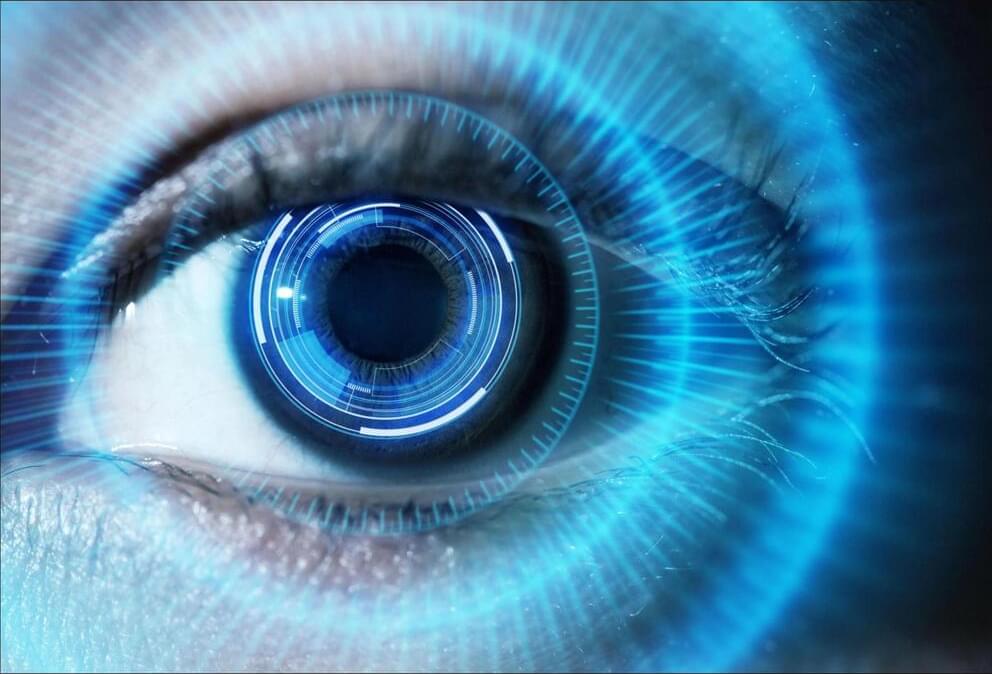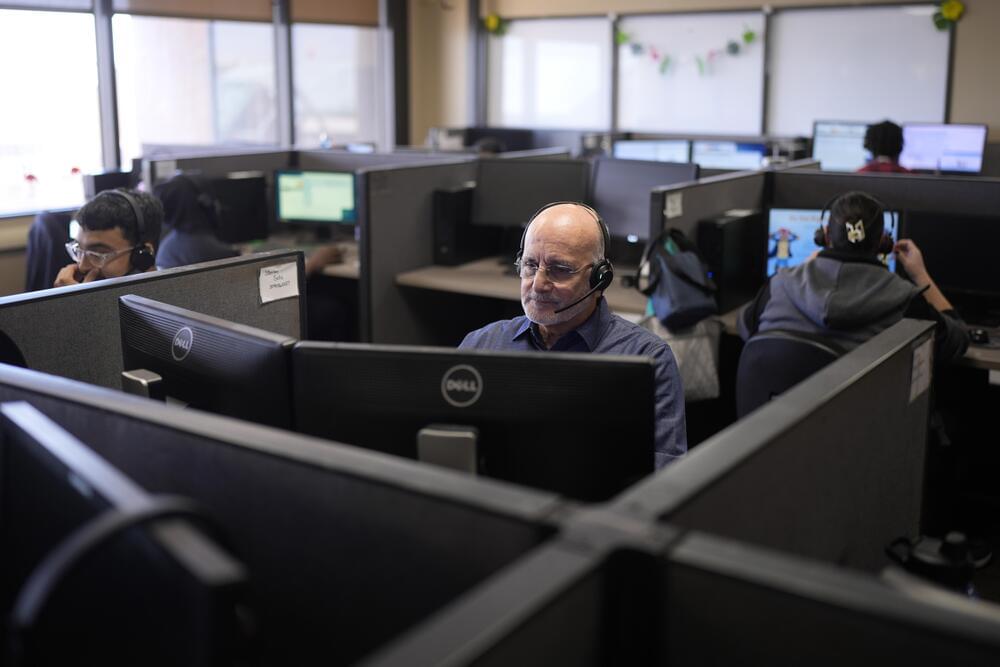The use of the robot allows surgeries to be performed without opening the abdomen.
Galilee Medical Center in Nahariya says that a robot has been used for the first time in Israel to completely remove a patient’s pancreas.
The 78-year-old patient was diagnosed with multiple cystic tumors of the pancreas. Although this type of tumor is not considered cancerous, doctors say that left untreated, it could develop into a malignant pancreatic tumor in the future.
“The use of the robot allows surgeries to be performed without opening the abdomen,” says Dr. Eli Kakiashvili, head of the Department of Surgery A, who led the operation with the assistance of Dr. Gregory Bogoslavsky.

